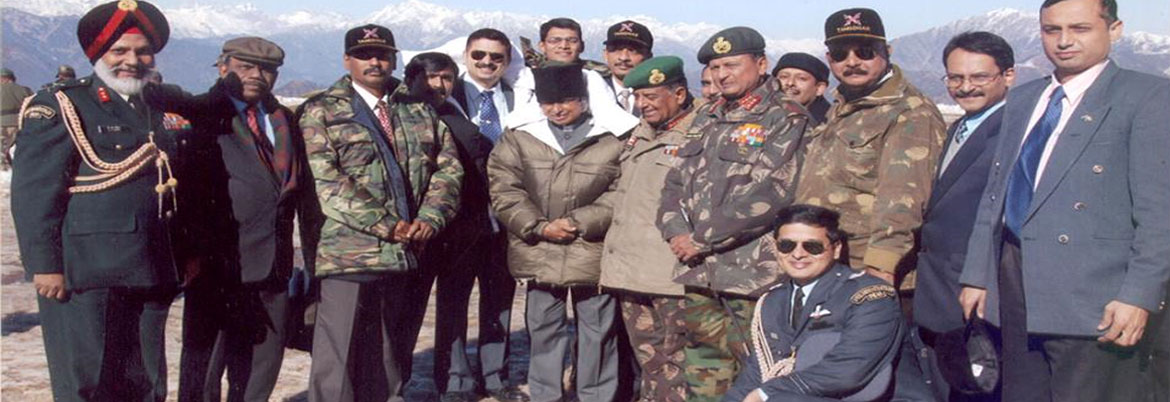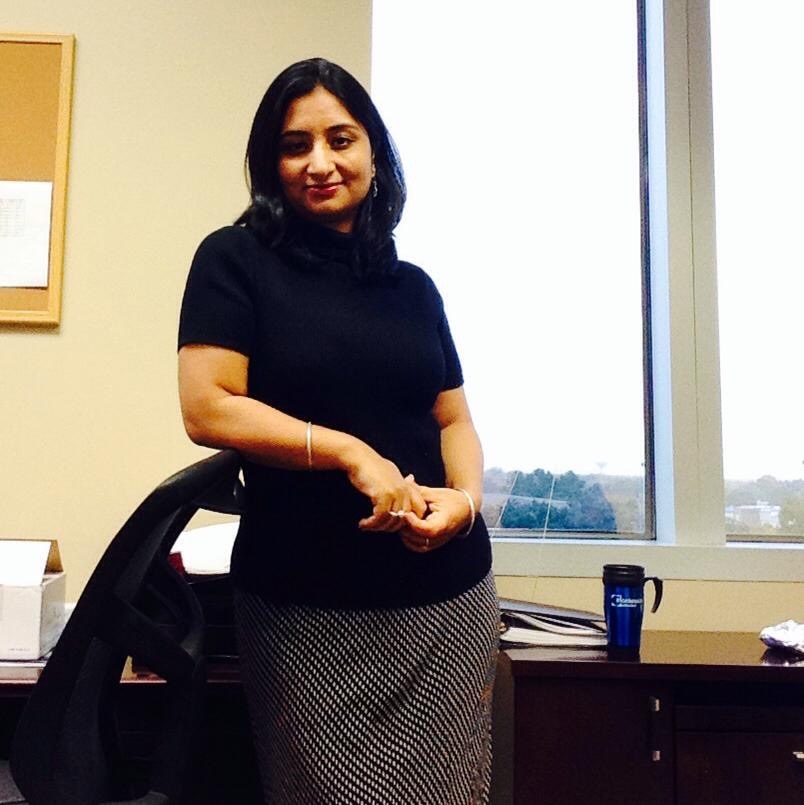Was Kalam a Bad Muslim and a Good Indian?
- In Politics
- 07:05 PM, Aug 14, 2015
- Sunanda Vashisht
Sometimes strange and inexplicable things happen in the lives of people and in the lives of nations. Few days ago two men whose lives had taken radically different trajectories were somehow juxtaposed in death. Two men who lived in completely different galaxies and whose world view had nothing in common were buried on the same day. What reflects terribly on our media and perhaps us too is that a former beloved President and a convicted terrorist found themselves jostling for front page headlines in newspapers.
Now that the dust has finally settled literally and figuratively, it is time to reflect back on life and times of APJ Abdul Kalam and the larger question that his life posed to us as Indians. Is the idea of a top Muslim Scientist, a hawk in defense policy and someone completely devoid of religious trapping an anomaly in India? The outpouring of grief and sorrow that his sudden death saw is unusual in the cynical times we live in. The public grief that was witnessed across the length and breadth of the nation is probably now reserved for movie stars or sports stars. Politicians have long lost the battle of credibility in national psyche and few scientists are well known outside the realm of their work and research. Kalam transcended class barriers- the sea of people seen grieving over his death cut across all barriers of age and class. He transcended North and South barriers, East and West barriers. There is no question that Kalam was loved immensely by ordinary Indians but there was one barrier that he was not able to transcend and that was of Muslim intelligentsia and Liberal Elite. By and large this section remained cold to Kalam. They remained cold to his message, his achievements and his remarkable journey of life. In a country where Muslims often rue that fruits of development have left many of them behind, literacy levels are shockingly low and poverty levels are shamefully high, Kalam’s life should have been celebrated. While the eloquent Muslim thinkers like Rafiq Zakaria famously wrote opinion pieces which fell a wee bit short of denouncing him, not so eloquent Muslims quietly under the breath discarded him.
What is it about Kalam that troubled many Muslims? As someone not used to overlooking the elephant in the room let me spell out the problem here. Kalam represented a Muslim who never entertained persecution complex. Kalam also represented a Muslim who was not very comfortable with display of personal faith. In his speeches, in his writings Kalam diagnosed problems that afflicted all Indians (Muslims included) and proceeded to actually give his own remedies to rise above misfortune and lack of resources. What would Muslim elite that has made a living out of manufactured persecution and oppression do with a man like Kalam? He chose not to revel in his poverty and did not attribute his tough life of initial years to being a Muslim in India. What would self proclaimed Left and Liberal Elite do with a man like Kalam who identified problems and actually went on to present solutions? Liberals have no use for a man of solutions. If people actually found solutions to social ills and economic backwardness, liberals and leftists (in India it is hard to tell one from other) may have to find alternate professions that may not pay as well.
Kalam was a huge source of discontent for ‘Idea of India’ opinion makers. He represented his own ‘idea of India’. Kalam’s idea of India was to rise above social and religious trappings; his idea was not to brandish fault lines but to find ways of obliterating them. He was not in the business of exacerbating wounds but to heal them with positivity, hope and strength. In speech after speech he emphasized the need for economic self-sufficiency. In paper after paper and book after book he proposed that self reliance and self motivation is the way forward. This ‘Idea of Kalam’ is completely at odds with those who claim to be sole guardians of Idea of India and refuse to acknowledge anyone else’s ‘Idea of India’.
Kalam was not considered a good representative of Muslims because unlike Asaduddin Owaisi he refused to talk about problems of Muslims alone. He refused to address Muslims separately; he refused to fall in the trap of being a ‘leader’ of Muslims. On the contrary, he chose to talk about problems of all Indians (Muslims included), he addressed all his countrymen irrespective of their religion and he would rather lead all Indians out of trap of poverty and desperation rather than fall himself in the trap of being a ‘Muslim leader’.
Kalam spoke about Indic heritage that all Hindus, Muslims, Christians, Jains, and Buddhists or anyone living in India has inherited. His love for Indic literature and Carnatic music was unfortunately dubbed as his love for ‘Hindu’ faith. He was therefore taunted as being favorite ‘Muslim’ of Hindus and token Muslim President who was propped up by Hindu BJP to show a moderate face. This is reflective of how terminally ill Indian notion of secularism is. A poor Muslim man who made it to top corridors of Science, technology and power had to be rejected because there was nothing visibly ‘Muslim’ about him.
Is Kalam loved because he is what Hindus call a ‘Good Muslim’? Going by the tributes that ordinary Indians paid to Kalam, it is clear that no one thought about his faith. That was his personal matter. Thousands of Indians loved Kalam because in him they saw a ‘Good Indian’ who encouraged them to dream and gave them hope. Not one mourner talked about his religion. Those who did talk about his faith were restricted to opinion columns of English language Media. There was other section of Indians who may have missed Kalam’s death and funeral. They were busy knocking doors of the Supreme Court in the middle of night desperately looking for a loophole in law to save a Muslim who had been convicted by all courts in a fair trial for waging a war against his country and his people. Was he a Bad Muslim? No. He was simply a ‘Bad Indian’ and he shall remain unnamed in this piece.
By Sunanda Vashisht







Comments